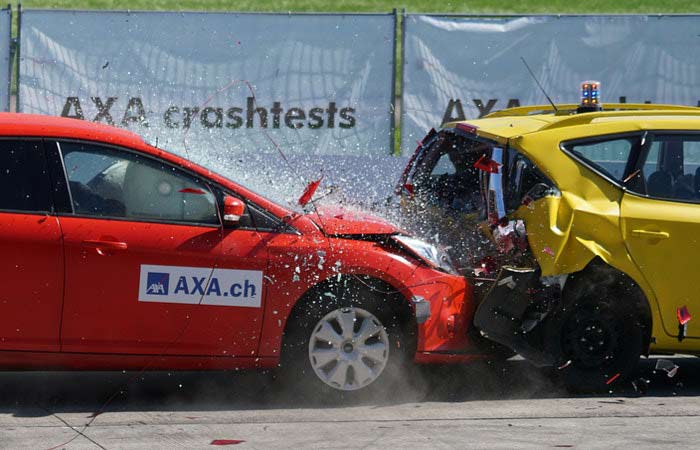I would dearly hope that none of you ever need to read this article, as no one ever wants to be in an accident. But even if you have not been in an accident, knowing this information can help save a whole world of hassle, as getting things sorted begins the moment the accident happens. Some of the things we need to do are for our safety, and some are to prepare for any legal maneuvering from the insurers. Here are our seven things you must do following a car accident.
Must do Following a Car Accident

1. Check Everyone is Safe
Safety is paramount. Check yourself and all passengers for injury. If anyone is hurt, make sure they are placed in as comfortable a position as is possible. For minor injuries, get them to a safe area at the side of the road.
For anything more serious, assess if moving them is safe and won’t exacerbate any injuries. Particular care should be made with head or neck injuries. Basic knowledge of first aid is always beneficial, as knowing skills such as CPR, or how to place someone correctly into the recovery position.
2. Call the Authorities
Once you have attended your party and made everyone safe, you should call the emergency services. Decide which are necessary, ambulance for injuries, fire service if there is a danger, and always the police. If the police are involved, any insurance claim or court proceeding will be aided by a police report.
Recommended Articles
- Tips to Save Money on the Car Rental at the Chennai Airport
- How Much Does It Cost to Copy a Car Key?
- Everything You Need To Know About Business Car Insurance
- The General Car Insurance Reviews
3. Speak to the Other Driver
Speaking to the other driver is essential. In most cases, you can sort out practical things such as swapping insurance details. Be wary of admitting liability unless it is your fault, as it can put you at a disadvantage if you do this and backtrack on it later.
4. Assess Damage
It is important to assess the damage and the sequence of events that lead up to the accident while what happened is clear in your mind and the evidence is untouched. Take pictures of the scene, pay particular attention to damage on your vehicle and theirs. We can now be sure that the damage claimed occurred during the collision.
Also, take pictures of any debris and vehicle parts that came off either vehicle before they have been cleared up. The original position of these parts can provide vital clues about the accident. Create a timeline and write down what happened, in what order, and what you did to avoid the collision.
5. Insurance & Lawyers
Next comes the part none of us enjoy, lawyers and insurance. The first thing to do is contact your insurer, this is a requirement whether or not you are at fault. You might also consider looking for auto accident lawyers serving West Virginia, as often you will find the insurer will do whatever they can to find a way not to pay up. A good lawyer can also pursue injury compensation from the other party where they are at fault.
Whether using a lawyer or not it is important to question everything the insurer does or suggests. A classic ploy used by insurance companies is to make a quick offer, of vehicle repair or compensation. They do this to appear like they are keen to help, often saying things like, “we all want this sorted out straight away.” But you don’t necessarily want this sorted out quickly, you want it sorted out properly, with maximum benefit to you.
6. Consult a Doctor
It’s always important to see a doctor as soon as is possible after an accident. You may see one immediately if you are unfortunate to require a trip to the emergency room, and if this is the case, then be sure to ask for a copy of the records. But even if you do not need emergency treatment, go to your regular physician for a full check-up, as not all injuries and conditions arising present themselves immediately.
7. Decide on Next Course of Action
After following all of the previous steps in this guide, we now need to decide what to do next? This will invariably depend on what has happened before. If we are liable and accept this, then it’s a case of ensuring we provide all the necessary information in as accurate a manner as possible.
If we are not, then we will be made an offer by the other party or their insurer, or they will deny responsibility. If no offer is made, we must decide to accept or reject this. If we no offer, then it will end up in court.